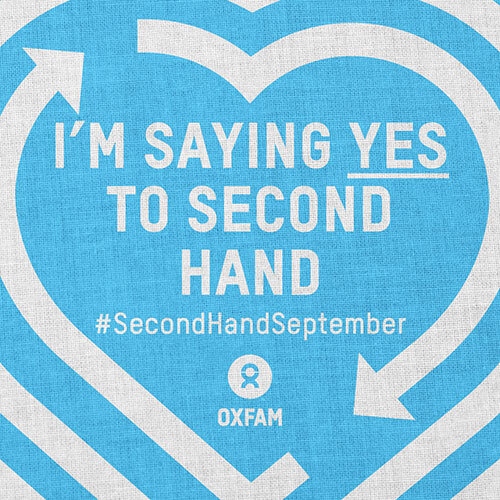By Selina Seesunkur
London Fashion Week went digital last week however like me, many of you will have found that lockdown has meant working from home living in comfy clothes, with the days of hair and makeup a thing of the past. Wearing PJ bottoms whilst on Zoom with a relatively professional top on, whilst hoping that you do not forget and stand up for everyone to see, has become our new normal.
But for others like my youngest sister, makeup goes on no matter what! And her sense of style both in and out of the house is second to none. One thing we all share as people return to work or even continue working from home, is that Covid has given us a chance to reassess our wardrobes.
According to the UN Conference on Trade and Development, the Fashion Industry is the second biggest polluter in the world, with textile dying being the second biggest polluter of water. Fast Fashion, which is quick and cheap to produce has been said to be a key contributor to a number of the environmental problems faced within this industry today.
But is the answer to simply stop shopping at Primark and H&M? What else can be done to help?
Repair
Spending more time at home means we can re-assess our wardrobe. How many of you discard an item because there is a hole in the armpit or the hem on your trousers has come loose? Why not try to repair these items yourself or, if you do not know how to sew, find a service which will offer to repair clothes for you. Many will even collect and return the items to you. I generally take mine to my local dry cleaner.
Clothes Swap
Once the Covid restrictions have been relaxed, why not host a clothes swap party with your friends. In my area, the North London Waste Authority (NLWA) runs the scheme Wise Up to Waste and, prior to the Covid restrictions, they hosted several clothes swapping events in our area. In their ‘Wise up to Waste’ brochure they state that “The average household spends £1,700 per year on clothing- if we take a bit more care over our wardrobes, we could save both money and the environment”
Return
If you purchase something and it does not fit, return it! Don’t leave it laying at the bottom of the wardrobe gathering dust, only to buy another item that fits. But if you really want to create some space, shops like John Lewis and H&M offer a buy back service where they ask customers to return old clothes bought from them in return for an amount/ percentage towards another item in that store. Don’t forget you can also sell your wears on eBay or Shpock.
Second Hand September
It is not too late to join Second Hand September, the idea is to pledge to only shop second hand for 30 days or more. You’ll give clothes a longer life by keeping them from landfill, and by shopping with Oxfam, you’ll be reinvesting your money to help the poorest people on the planet earn a fair living and beat poverty.
Repurpose
Finally, think of different ways you can use your clothes or fabrics in your home. At the peak of Covid, people were making scrubs out of old duvet covers and facemasks from scarves. What can you do? I chopped up a skirt and attempted to make a top! I have not given up improving my sewing skills, it is a lot of fun and I’ll probably try chopping up a few other items in my wardrobe
If you do repurpose your clothes please share your ideas with us on Facebook!

